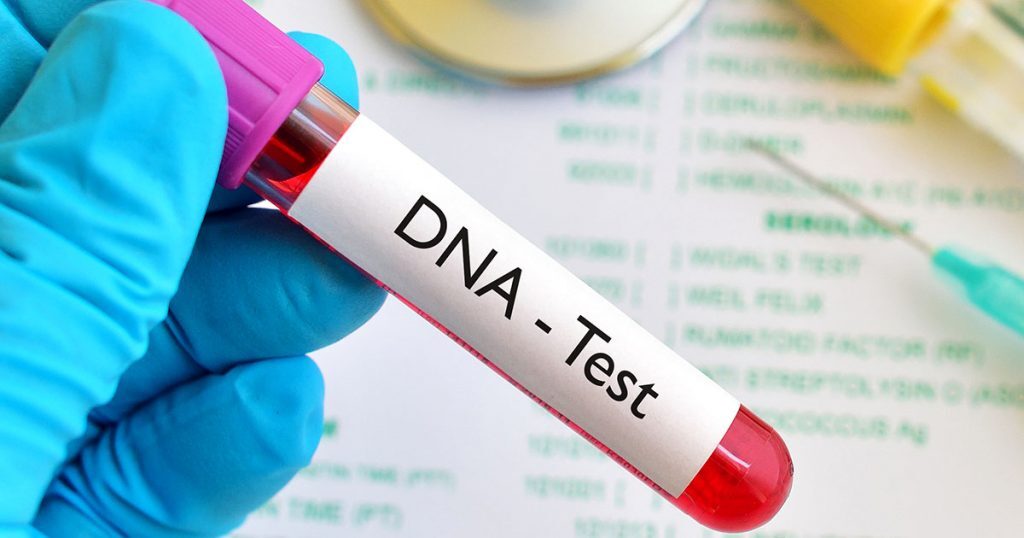A new report from Smart DNA has revealed that 27 percent of paternity tests conducted between July 2023 and June 2024 in Nigeria showed that one in four men tested were not the biological fathers of their children.
This startling statistic highlights the prevalence of paternity uncertainty in Nigerian society, with significant implications for family dynamics and trust within relationships.
The report also noted an increase in DNA tests for immigration purposes, which grew more than any other category. This trend coincides with the “Japa” phenomenon, as more Nigerians seek opportunities abroad.
Many of these immigration-related tests involve parents with dual citizenship looking to secure emigration documents for their children.
READ ALSO: Exposed! WHO program sterilizes African women without their consent
Elizabeth Digia, Operations Manager at Smart DNA, provided expert insight into the findings. “The high rate of negative paternity tests and the rise in immigration-related testing reflect broader societal changes.
These trends merit further discussion and research, especially regarding family structures and economic factors driving these decisions,” she said.
The report also emphasized the concentration of DNA tests in Lagos, accounting for 73.1 percent of all tests, with the Mainland outpacing the Island. This disparity raises questions about access to DNA testing in other parts of Nigeria, where economic limitations may restrict availability.
Digia added, “The concentration of testing in Lagos raises important questions about accessibility and awareness across the country. As a company, we are committed to expanding access to DNA testing nationwide.”
READ ALSO: 6 Medical problems that can cause infertility in men and women
“The high rate of negative paternity tests and the surge in immigration-related testing are particularly noteworthy. They reflect broader societal trends that merit further discussion and research.
“The concentration of testing in Lagos also raises important questions about accessibility and awareness of DNA testing services across Nigeria. As a company, we’re committed to expanding access to our services nationwide while maintaining the highest standards of accuracy and confidentiality.”
The report also showed that men initiated 88.2 percent of all test requests, suggesting significant gender imbalances in paternity concerns. Most tests were requested for male children, reflecting potential cultural preferences for confirming the paternity of male offspring.

 Health5 days ago
Health5 days ago
 Entertainment7 days ago
Entertainment7 days ago
 Crime5 days ago
Crime5 days ago
 Education7 days ago
Education7 days ago
 Health7 days ago
Health7 days ago
 Comments and Issues6 days ago
Comments and Issues6 days ago
 Football6 days ago
Football6 days ago
 Latest6 days ago
Latest6 days ago

